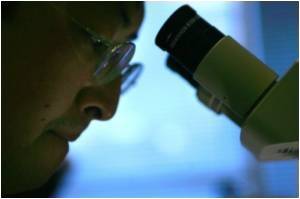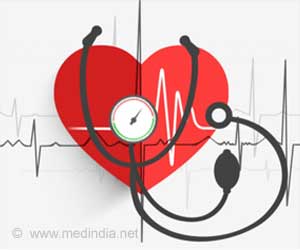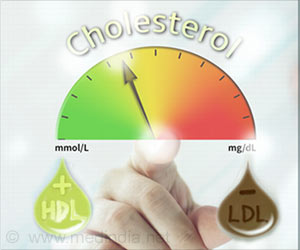Scientists have found the gene that is behind high levels of bad cholesterol in the blood.

These high-responding opossums are used to identify the genes and the underlying mechanisms that control response to dietary cholesterol.
"This research will improve our understanding of cholesterol metabolism and may shed light on why some people have high levels of bad cholesterol in blood while others do not when they consume cholesterol-enriched diets," said John L. VandeBerg, Ph.D., SFBR's chief scientific officer and senior author on the paper.
The study involved analyzing various lipids, or fats, in blood and bile to find differences in cholesterol metabolites, sequencing candidate genes of interest to find mutations, and determining the impact of each mutation by genetic analyses.
This led to the discovery that the ABCB4 gene, which encodes a protein known to transport fats from the liver into bile to facilitate excretion of cholesterol from the body, is defective in the high responders.
Malfunction of the ABCB4 protein was found to impair cholesterol excretion, causing bad cholesterol to accumulate in the blood when a high-cholesterol diet is consumed.
The next step is to determine if any ABCB4 mutations have an effect on levels of LDL cholesterol in humans who consume a high cholesterol diet.
The study has been published in the October issue of the Journal of Lipid Research.
Source-ANI
 MEDINDIA
MEDINDIA




 Email
Email










